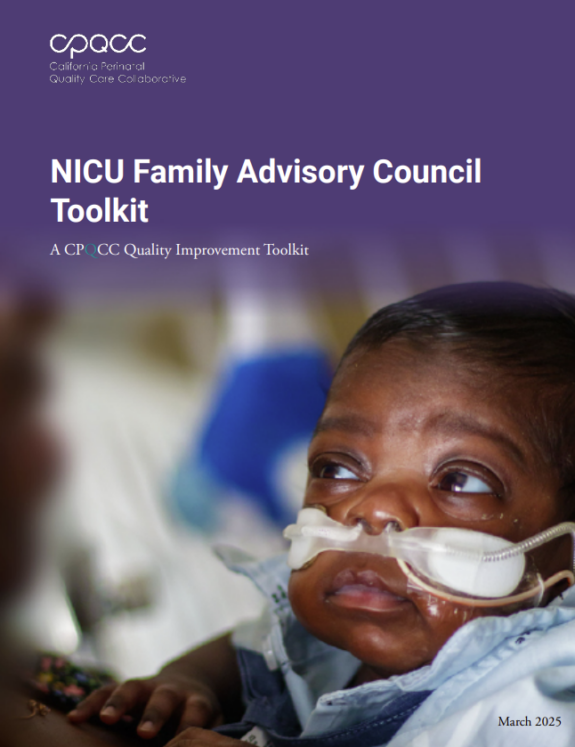It Takes A Family: An Analysis of Family Participation in Policymaking for Public Programs Serving Children with Special Health Care Needs in California
Families and patient advocates long have said, “Nothing about me without me,” meaning that they need to be active participants in decisions that affect their health care and well-being. But how well is their request being honored? This report considers the role of family participation—i.e., by parents or guardians or youth—in government entities such as boards, advisory committees, and task forces that make policy and implementation decisions regarding services for California’s children/youth with special health care needs.
The authors interviewed parents, advocates and administrators; reviewed literature regarding family participation, particularly regarding policy decisions; and conducted preliminary research regarding family participation on more than 60 California state- and county-level government policy entities that have roles in programs that serve children with special health care needs.
While some state and local government entities incorporate and support robust family participation, overall involvement of families is very inconsistent and often fairly anemic in policymaking and implementation decisions. There are substantial differences in the amount of family participation, the role families play in decision-making, and the support offered to families who do participate.
The report offers recommendation for how California could fulfill its articulated commitment to coordinated, family-centered care by including families in the decision-making process.

